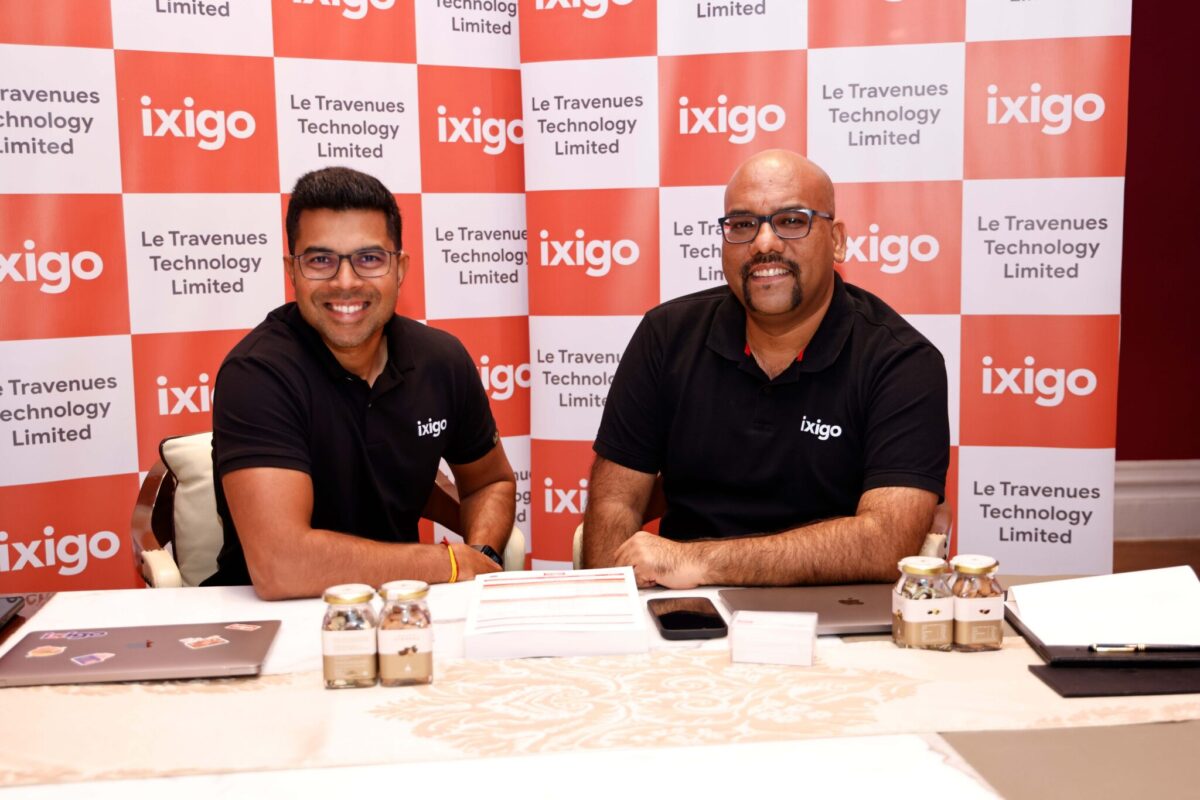Superapp? Nah, India’s Ixigo Would Rather Adopt a Multi-App Strategy

Skift Take
Ixigo, an Indian online travel agency, launched its IPO last month, witnessing an overwhelming demand that saw investors applying for about 98 times the number of shares offered. As the company continues to grow, one of its standout strategies is its decision to maintain multiple apps instead of consolidating them into a single comprehensive app.
At the company's first earnings call on Thursday, Rajnish Kumar, group co-CEO of Ixigo, explained how many travel companies have successfully implemented the multi-app, multi-brand strategy. Examples include MakeMyTrip (GoIbibo, Quest2Travel, RedBus), Trip.com (Ctrip, Qunar, Skyscanner), and Booking.com (Agoda, Priceline, Kayak).
Kumar noted that while some of these brands were developed in-house, others were built through acquisitions or strategic investments. “In fact, most successful brands globally have deployed the House of Brands approach dismissing the concept of a super app."
Why Multiple Apps?Elaborating on this approach, Kumar said Ixigo follows a "multi-brand or house of brands

